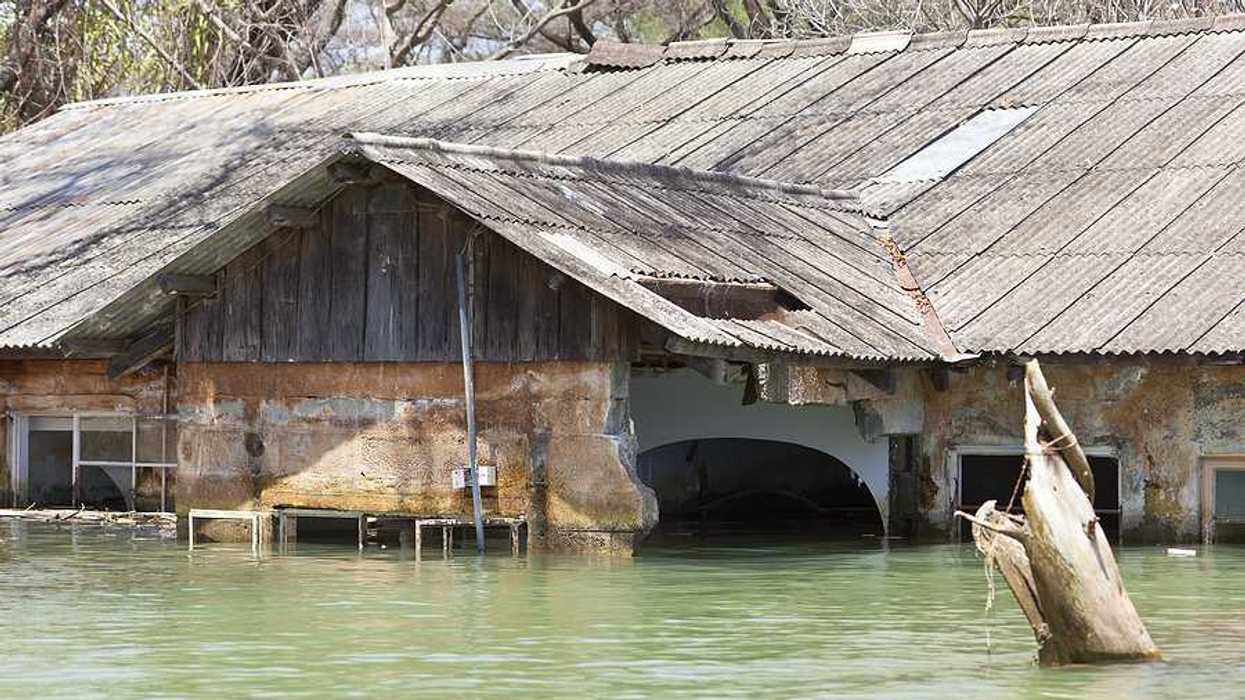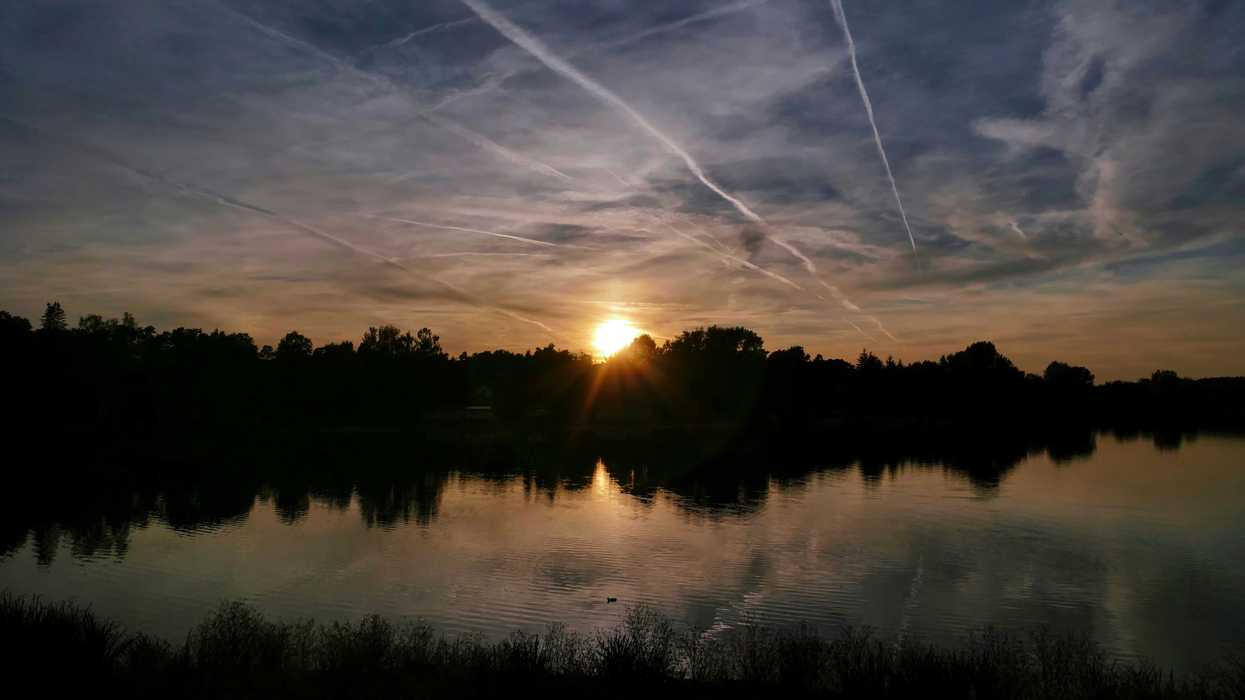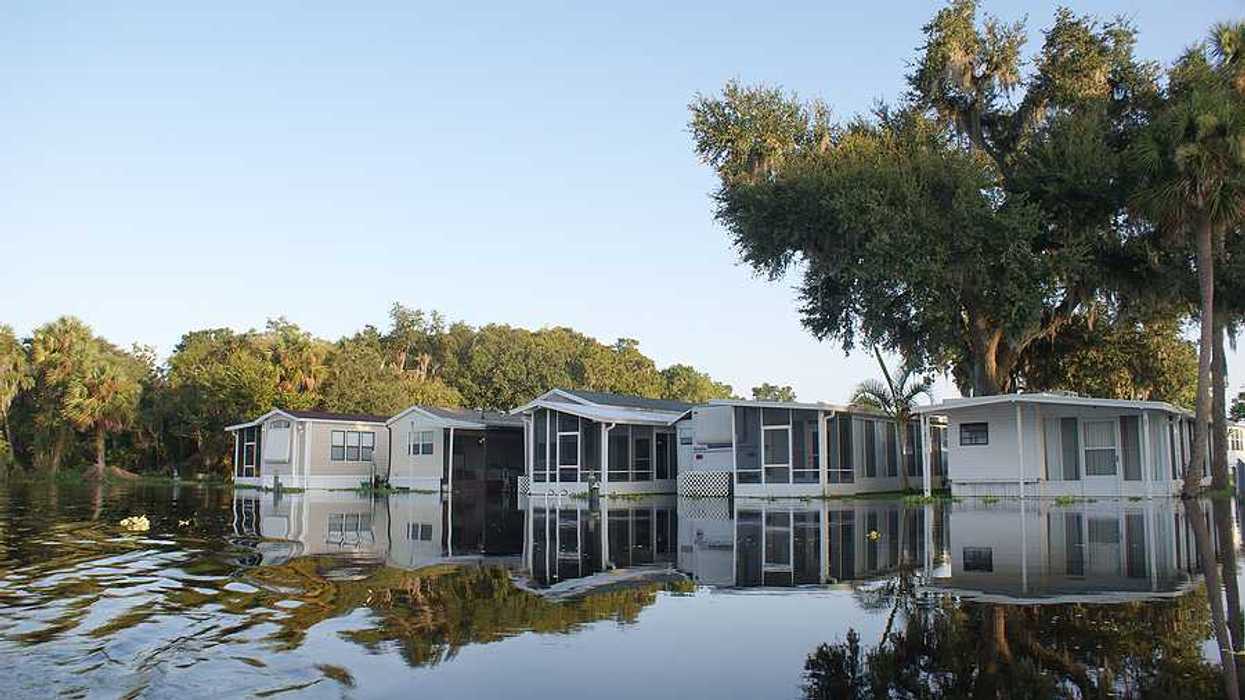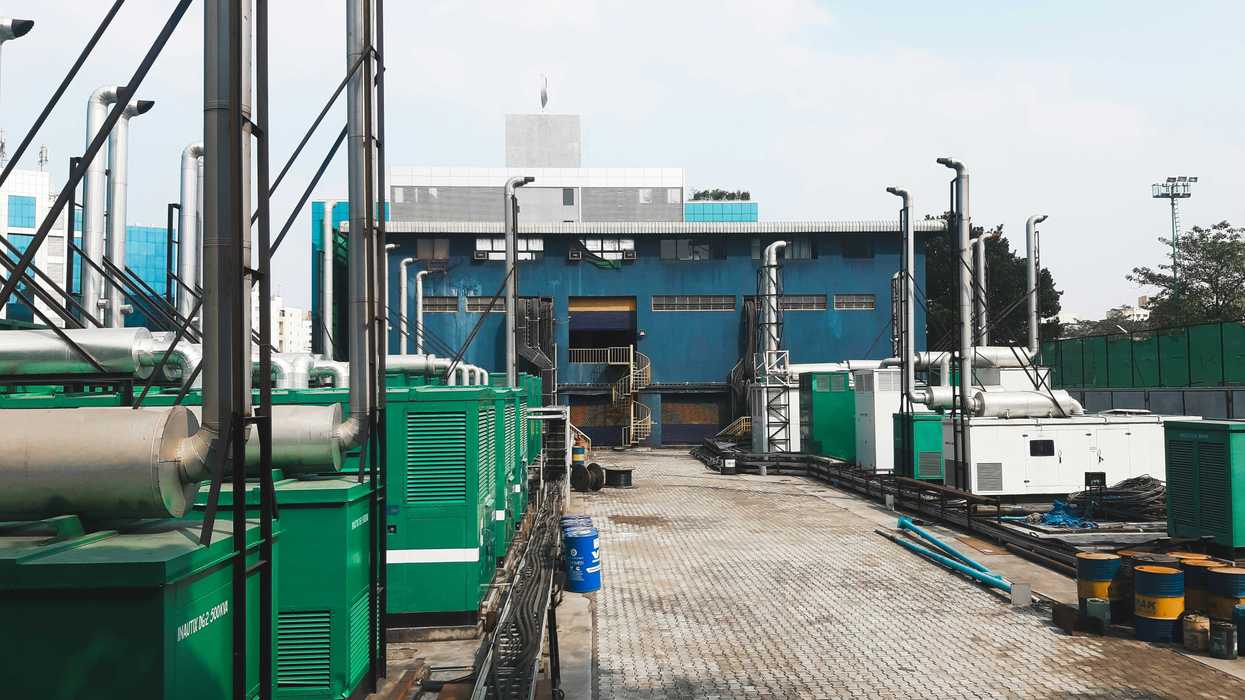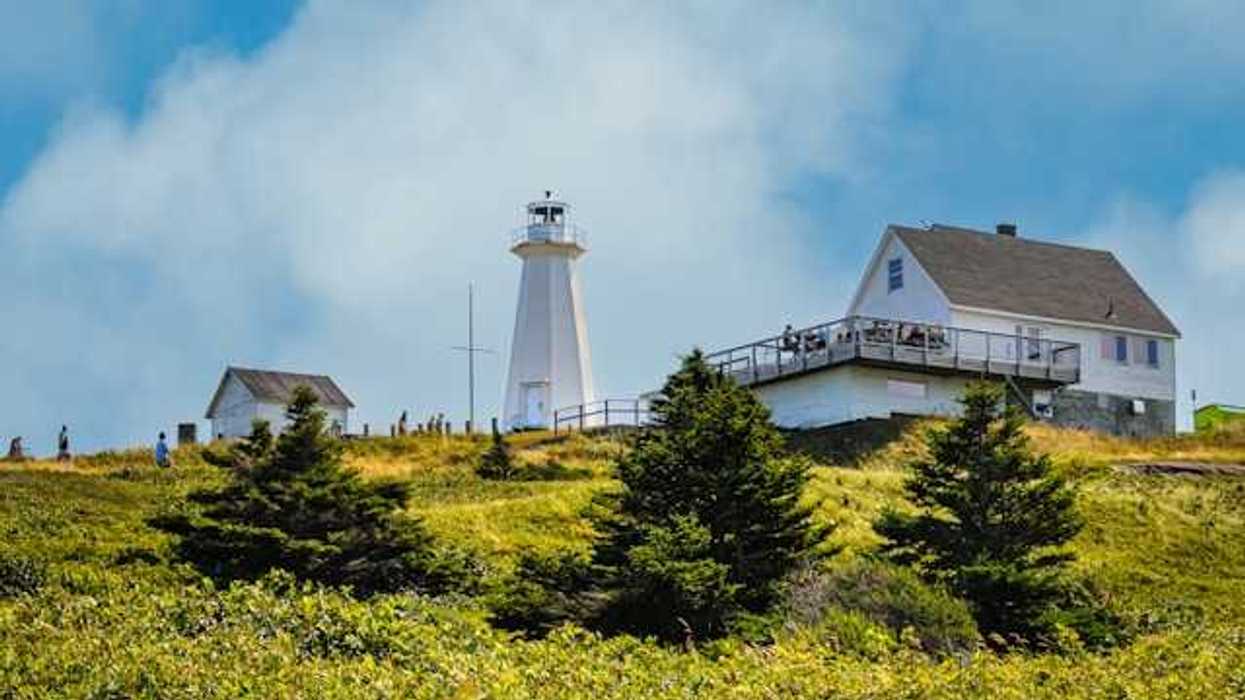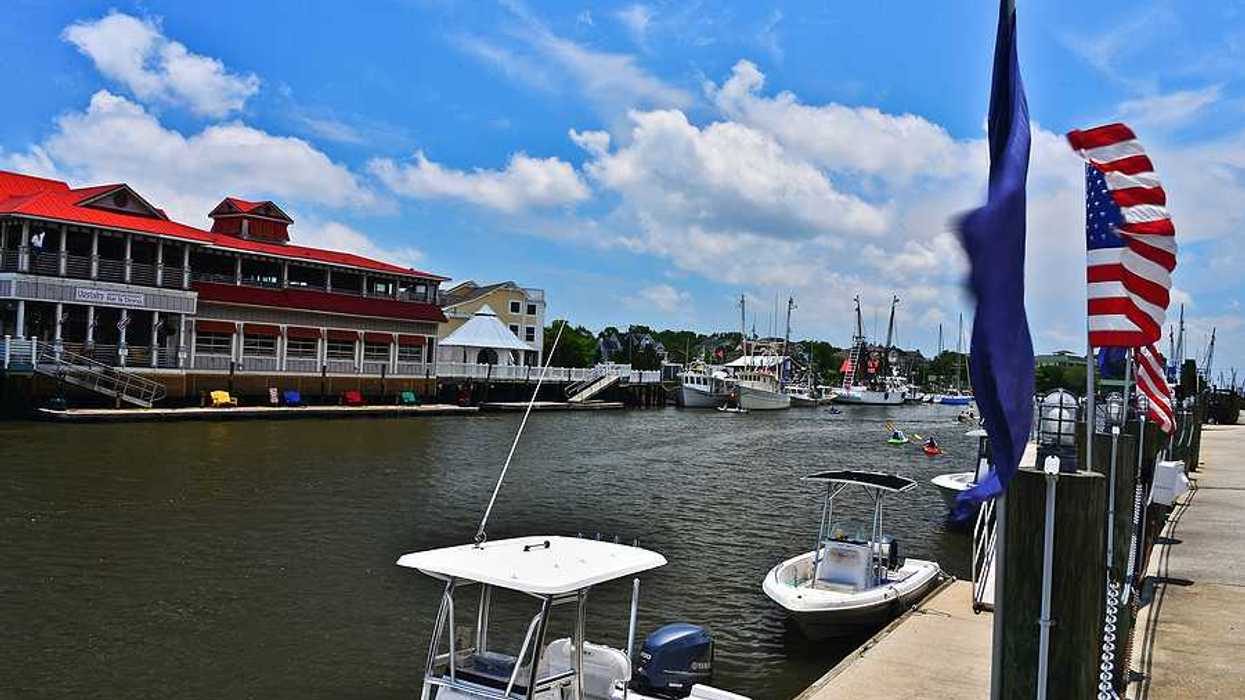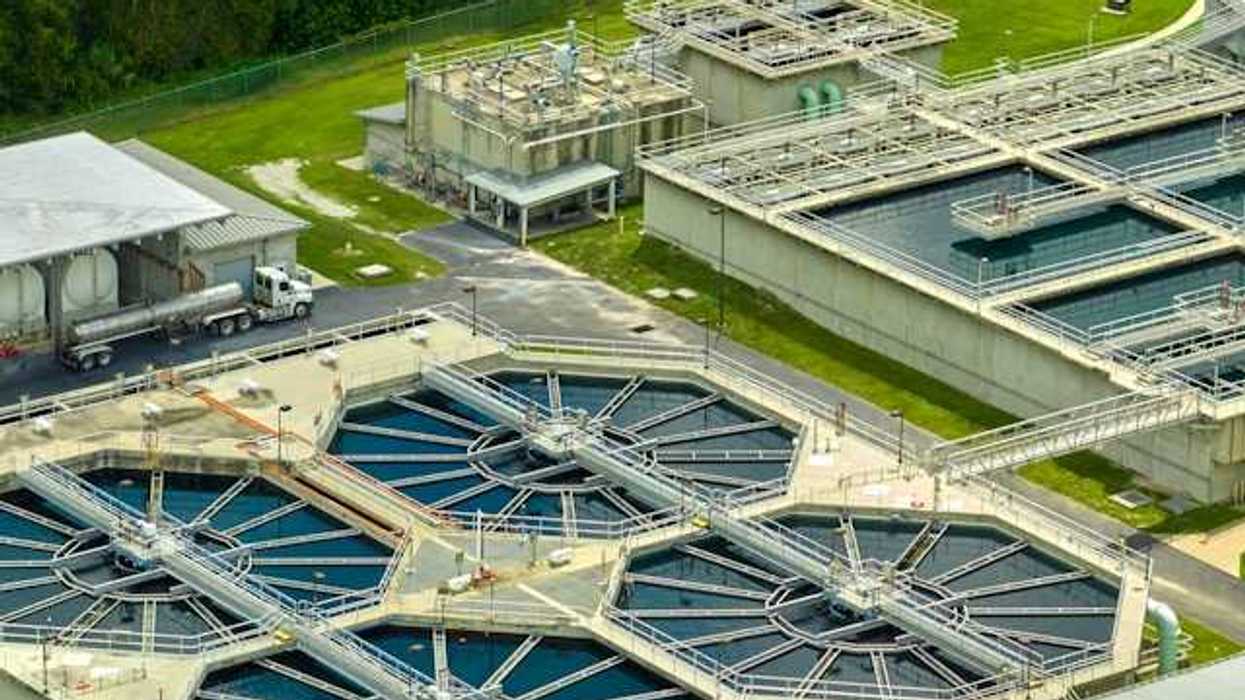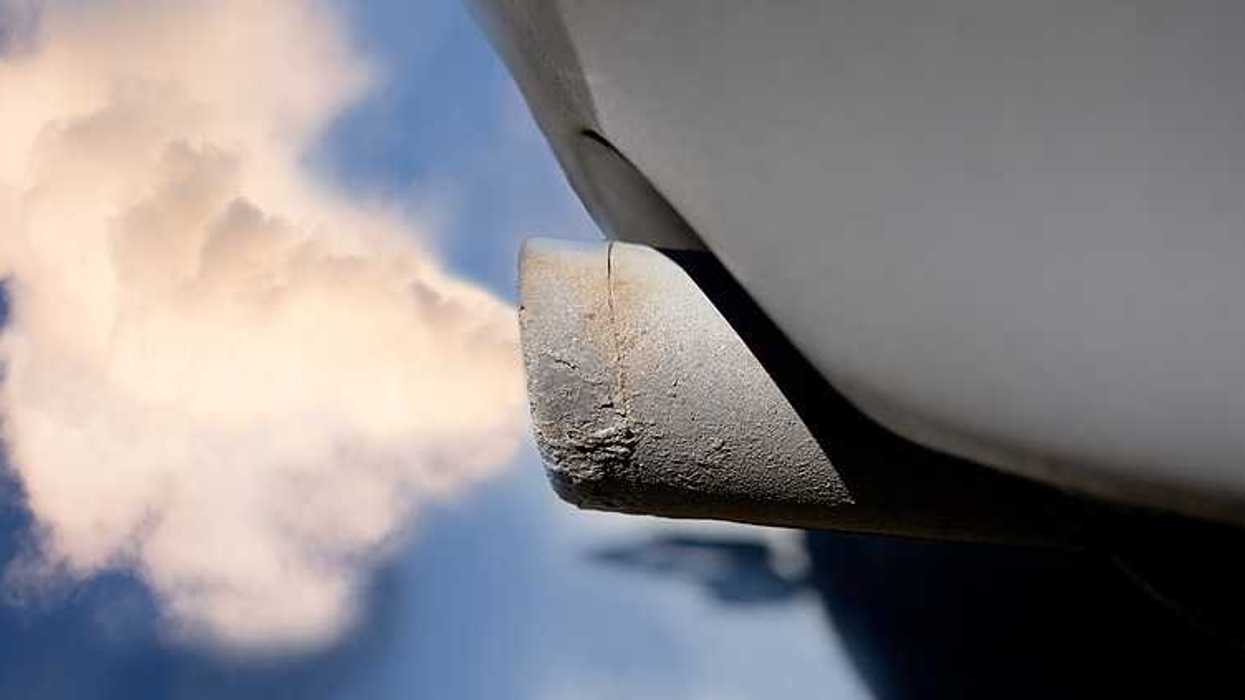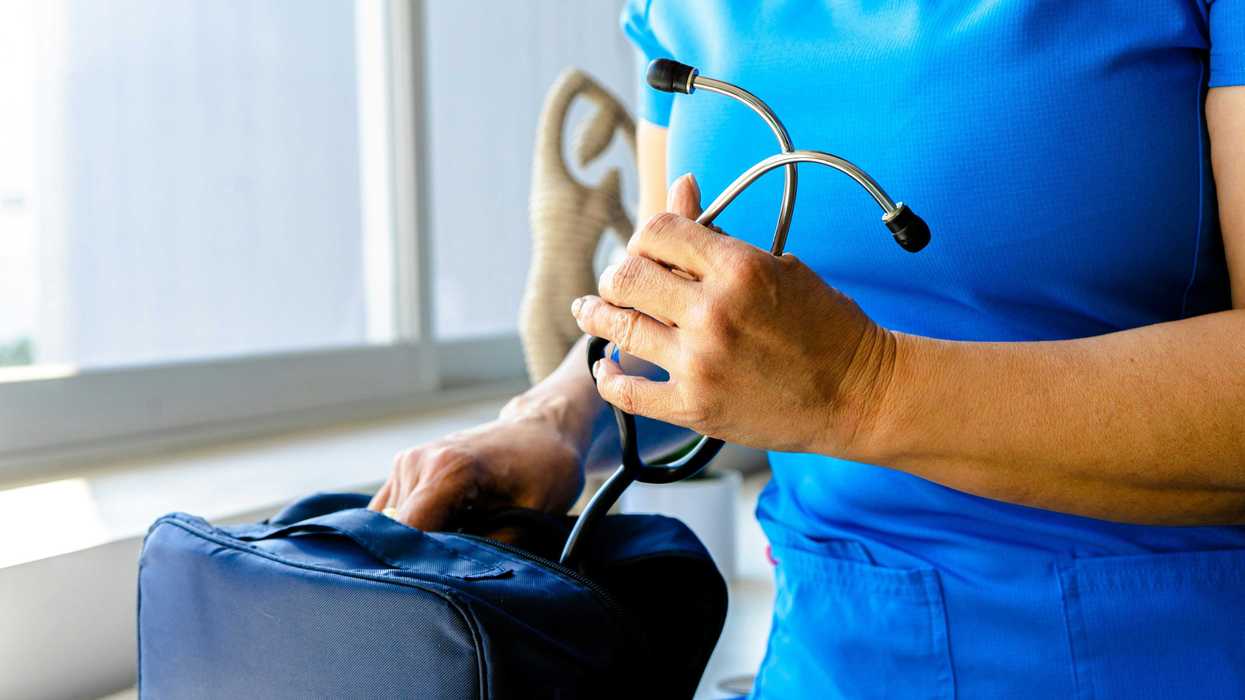Communities worldwide are transforming former golf courses into thriving natural habitats, enhancing biodiversity and public well-being.
Jocelyn Timperley reports for the BBC.
In short:
- The Plock of Kyle in Scotland, once a neglected golf course, now flourishes with diverse ecosystems, including wildflower meadows and peat bogs, supporting species like otters and dragonflies.
- In California, the Trust for Public Land converted the San Geronimo Golf Course into a public park, restoring habitats for endangered coho salmon and creating recreational spaces for the community.
- This rewilding trend addresses environmental concerns associated with golf courses, such as excessive water use and habitat destruction, by repurposing the land for conservation and public enjoyment.
Key quote:
"Certainly, some of the key environmental concerns with golf over time have involved pesticide spraying, the quantity of water used, especially in times of drought, and the significant amount of land sometimes needed for a golf course."
— Brad Millington, co-author of The Greening of Golf
Why this matters:
This rewilding movement tackles environmental drawbacks traditionally associated with golf courses. Repurposing golf courses into natural habitats not only conserves biodiversity and reduces sources of pesticide contamination, but also provides accessible green spaces, promoting physical and mental health for local communities.
Read more: Ukraine's wartime environmental damage could lead to long-term ecological recovery



